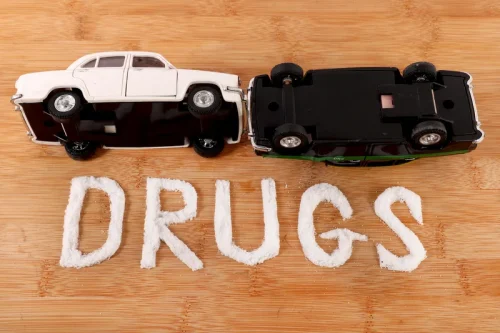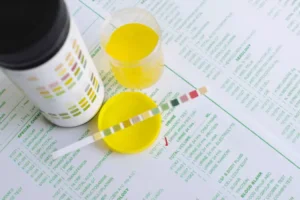


Drinking on an empty stomach is never a good idea, so make sure you eat food when you drink. Make a table like the one below, weighing the costs and benefits of drinking to the costs and benefits of quitting. Overcoming AUD is an ongoing process—one that can include setbacks.


Thousands of providers nationwide offer evidence-based treatment for alcohol use disorder. We’ll show you how to search trusted directories for specialists near you. ► Behavioral Health Treatment Services Locator — the U.S. Understanding the available treatment options—from behavioral therapies and medications to mutual-support groups—is the first step.
We’ve created step-by-step tips to guide your search. Once you find some programs you’re interested in, be sure to visit Step 2 for questions to ask and answers to listen for. There may also be recovery resources available in your community.
To learn more about alcohol treatment options and search for quality care near you, please visit the NIAAA Alcohol Treatment Navigator. A health care provider might ask the following questions to assess a person’s symptoms. While getting sober is an important first step, it is only the beginning of your recovery from alcohol addiction or heavy drinking. Support can come from family members, friends, counselors, other recovering alcoholics, your healthcare providers, and people from your faith community. Here’s some information to help you get ready for your appointment, and what to expect from your health care provider or mental health provider. Cognitive–behavioral therapy can take place one-on-one with a therapist or in small groups.
Alcohol use disorder (AUD) is a health condition that is best assessed and treated by a health professional. In this section, learn more about AUD, the professional treatment options available, and why different people may take different routes to recovery. Self-guided programs such as these can be added to an overall treatment plan led by a health care professional. Below are samples of e-health tools developed with NIAAA funding. Both of these fee-based, self-guided programs have a research base that shows their potential to help people cut down or quit drinking. You can create a telehealth care team by combining a therapist with an addiction doctor for medications support.

One size does not fit all and a treatment approach that may work for one person may not work for another. Treatment can be outpatient and/or inpatient and be provided by specialty programs, therapists, and health care providers. A number of health conditions can often go hand in hand with AUD. Studies show that people who have AUD are more likely to suffer from major depression or anxiety over their lifetime.

When it comes to treating alcohol addiction, there’s no one-size-fits-all solution. The journey to recovery is as unique https://ecosoberhouse.com/ as the individual embarking on it. Let’s explore some of the most common and effective treatment options available.
But as any recovering alcoholic will tell you, the work doesn’t stop there. Preventing relapse is an ongoing process, but with the right strategies, you can maintain your sobriety alcohol addiction help and thrive in recovery. We’ll help you to search the Psychology Today directory. This is the largest listing in the United States of licensed professional therapists.
